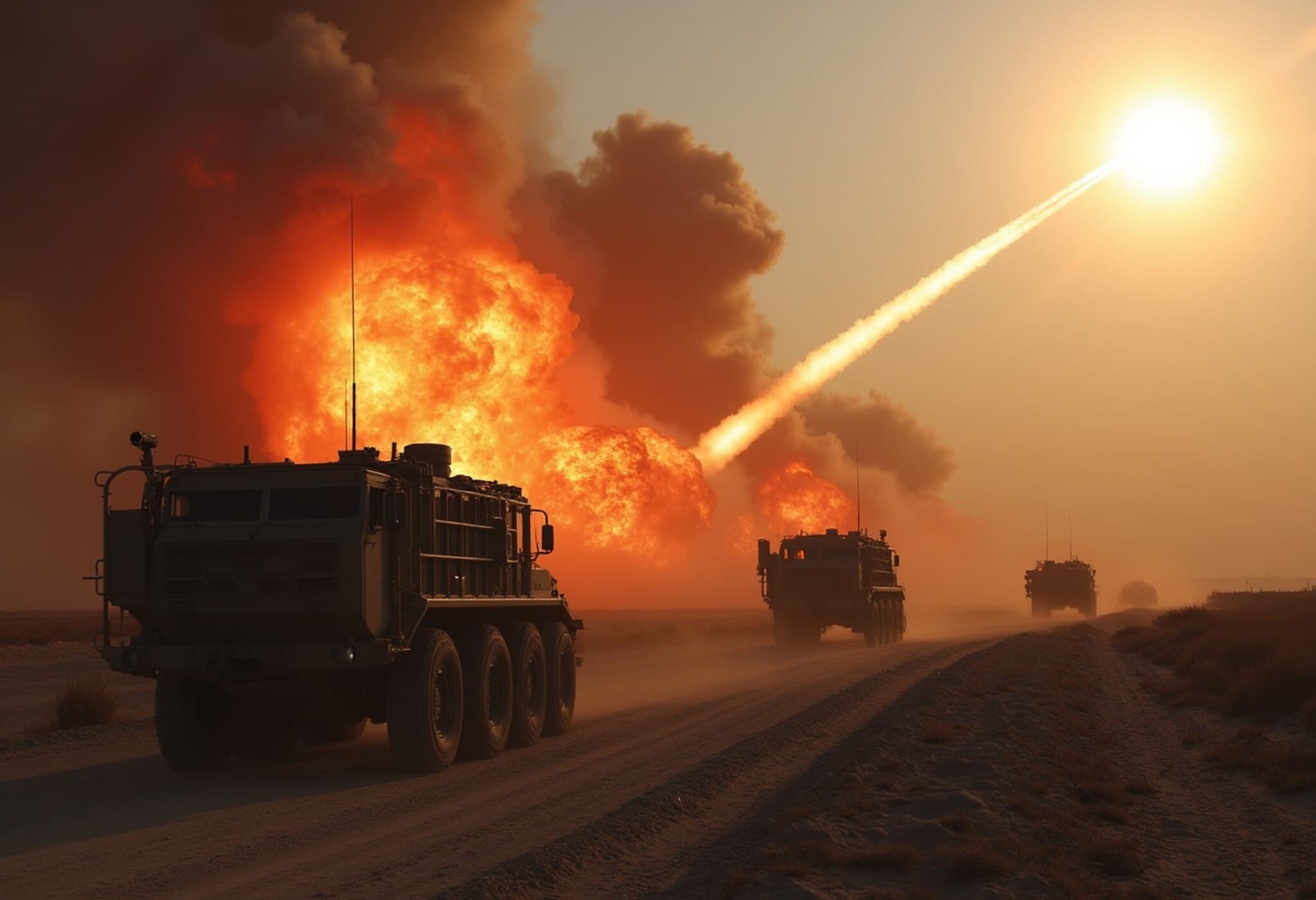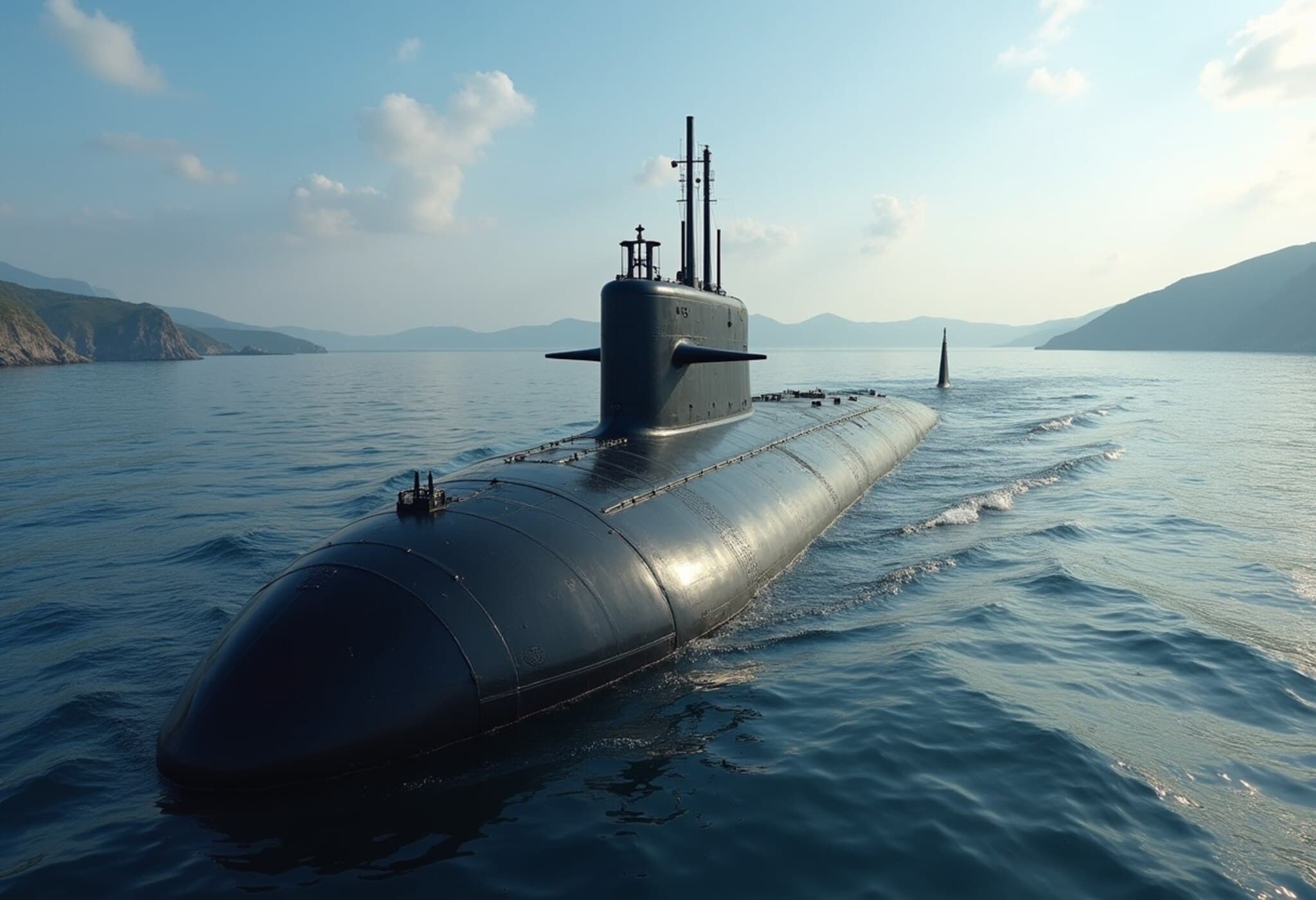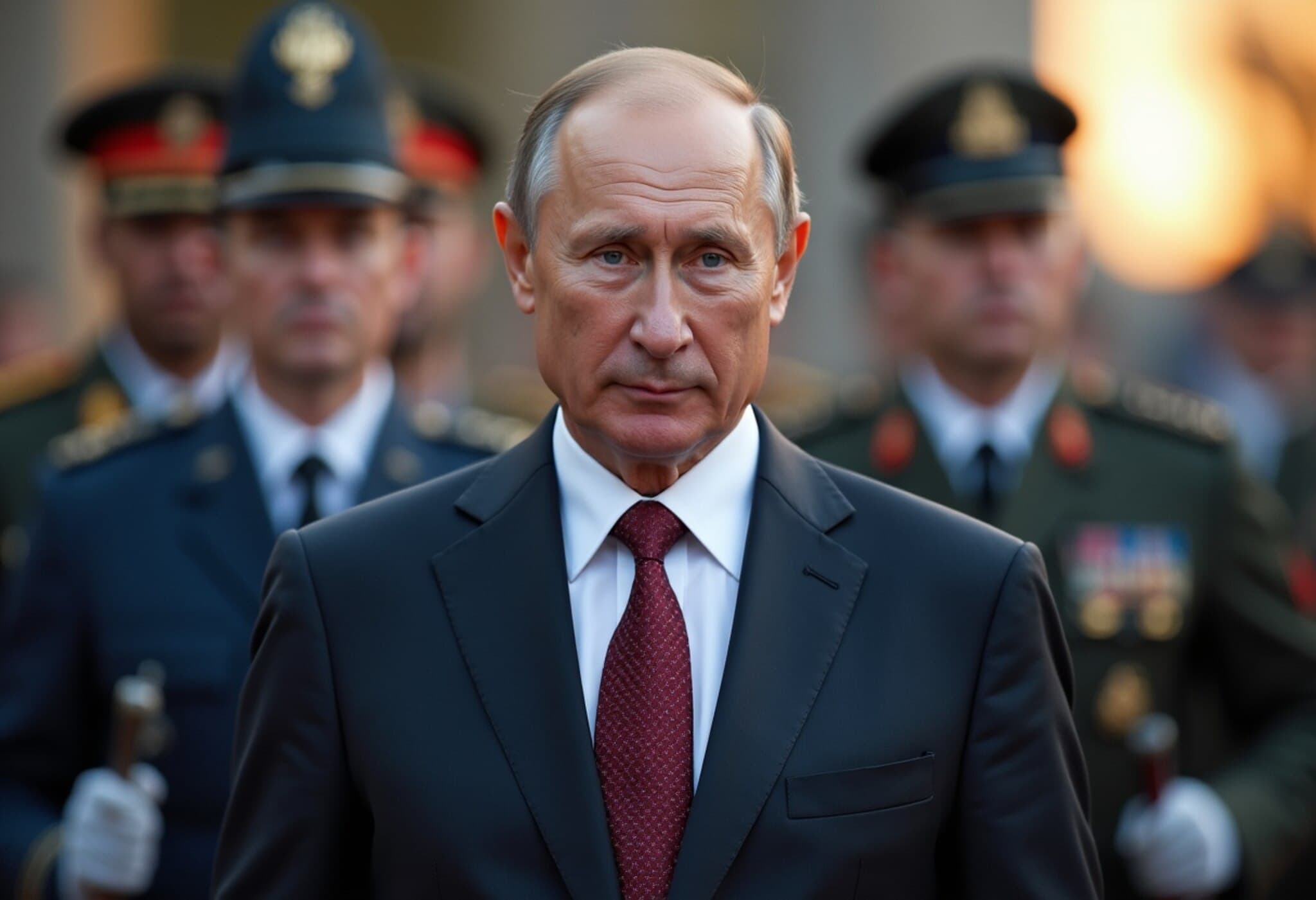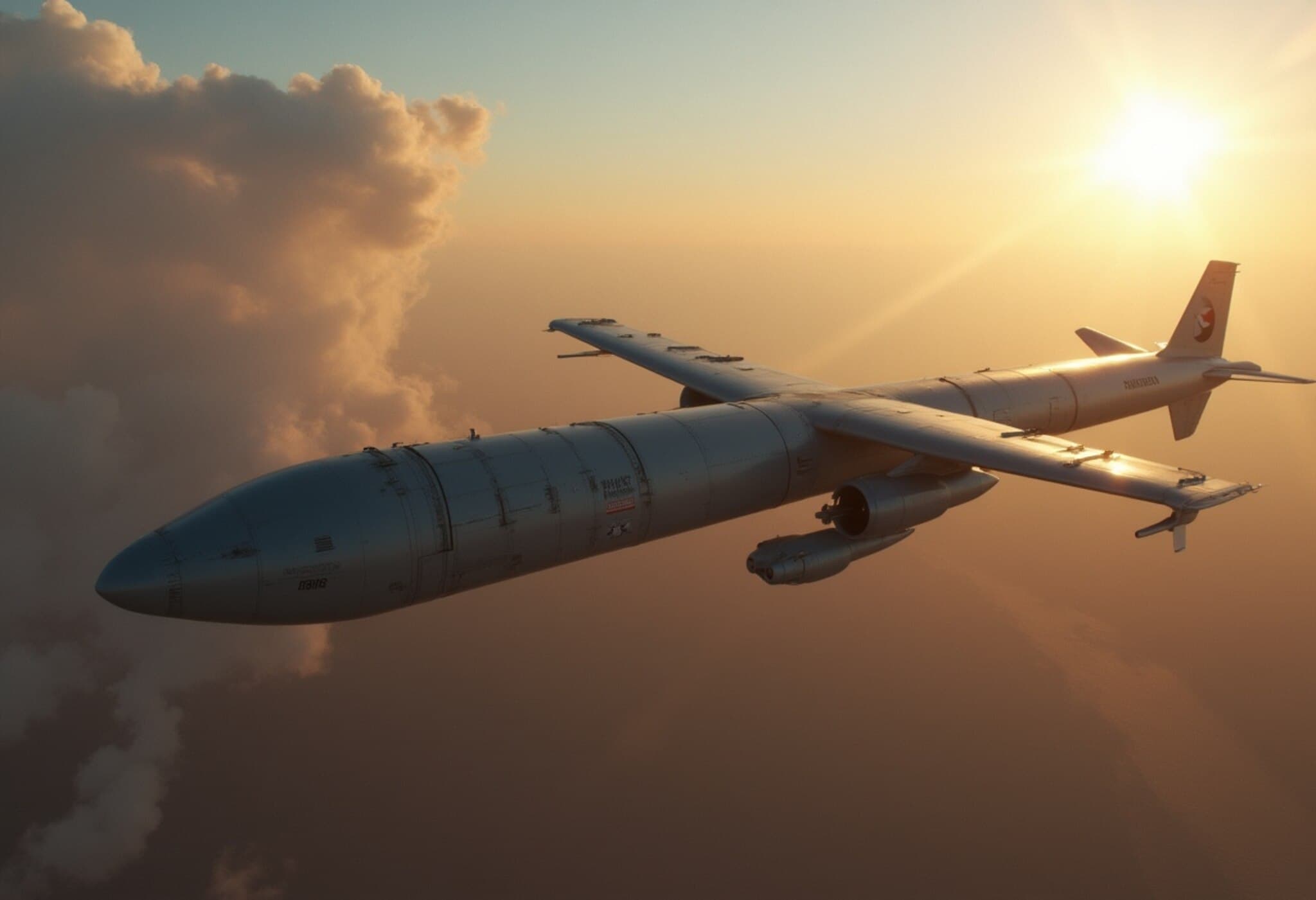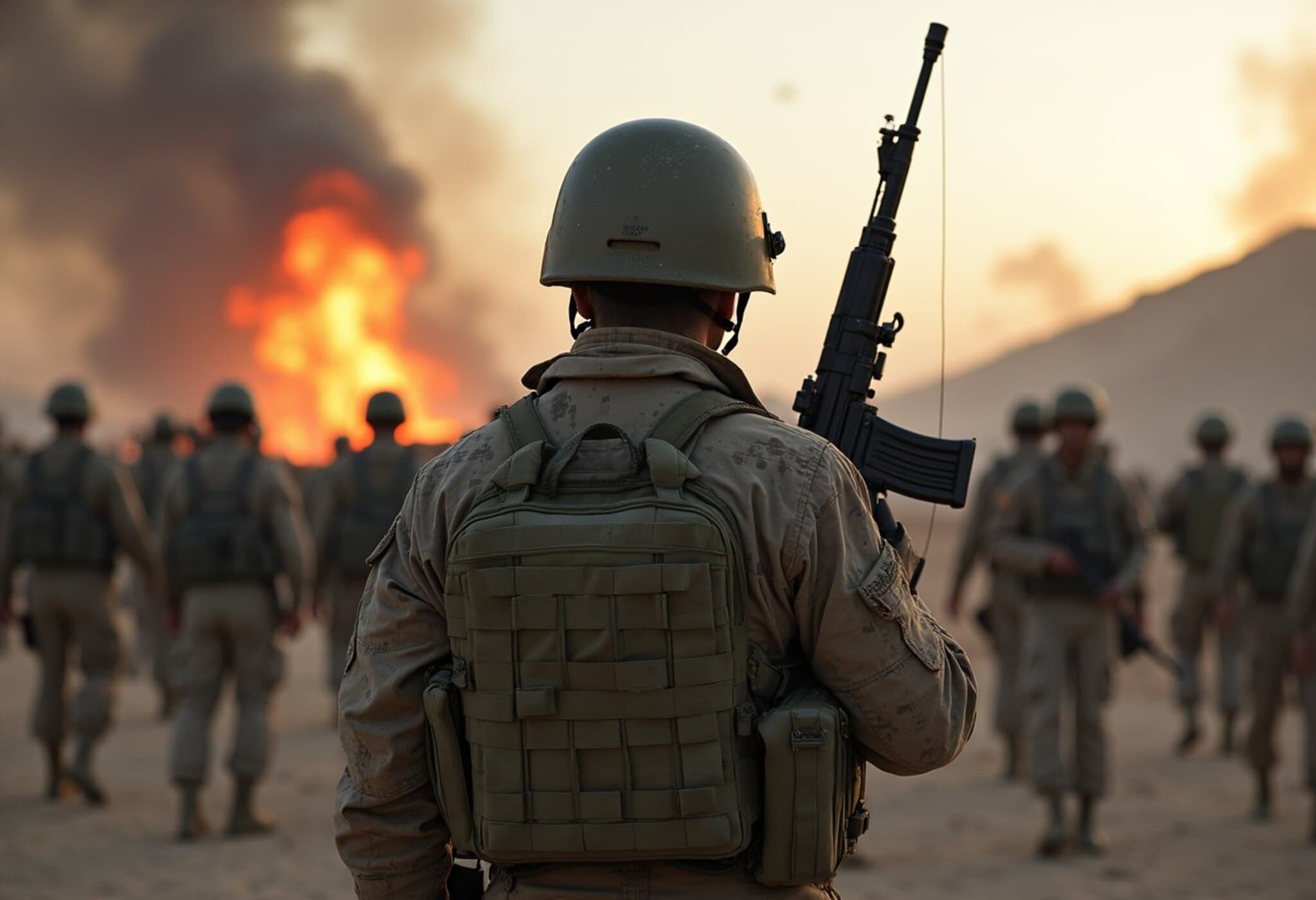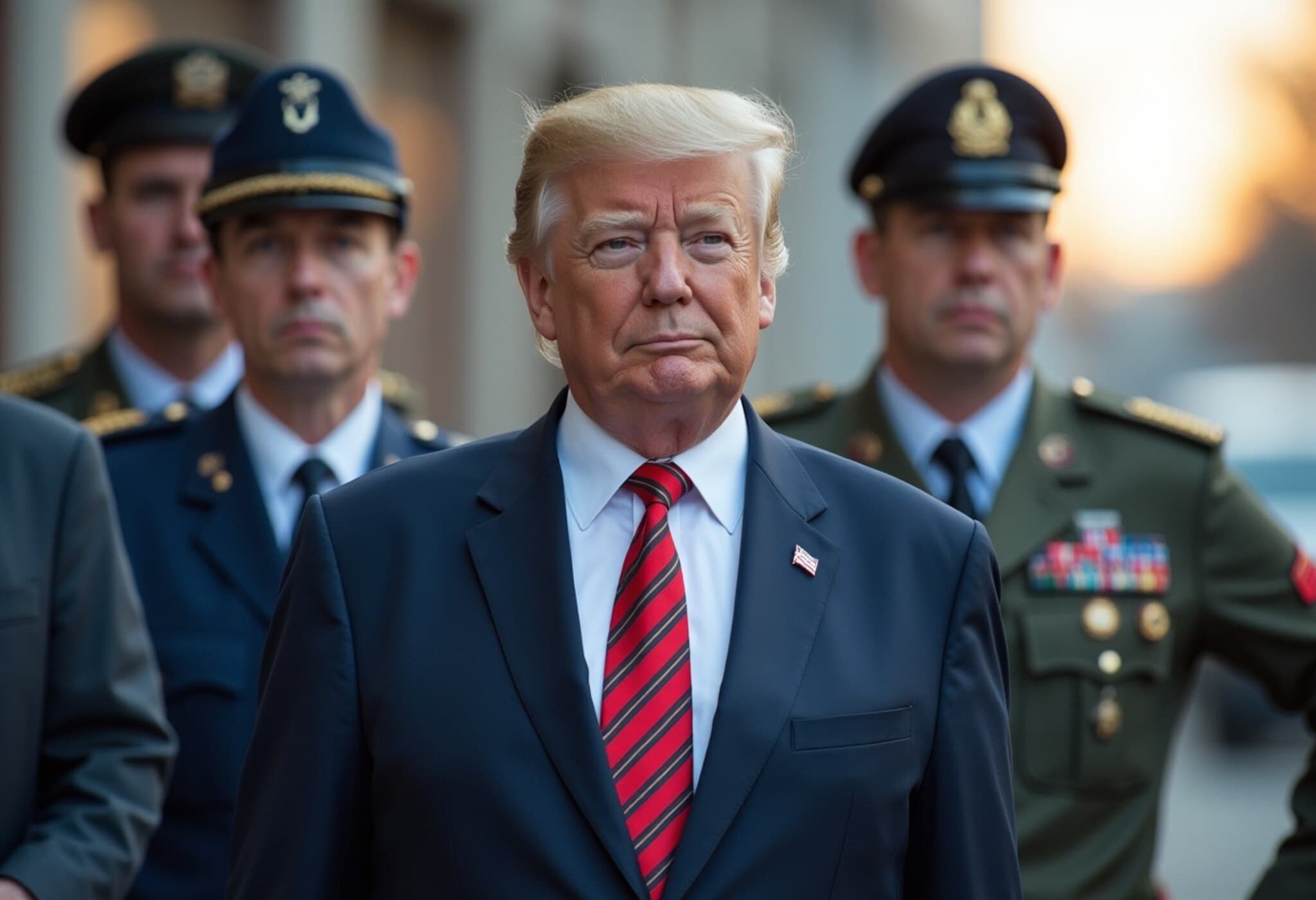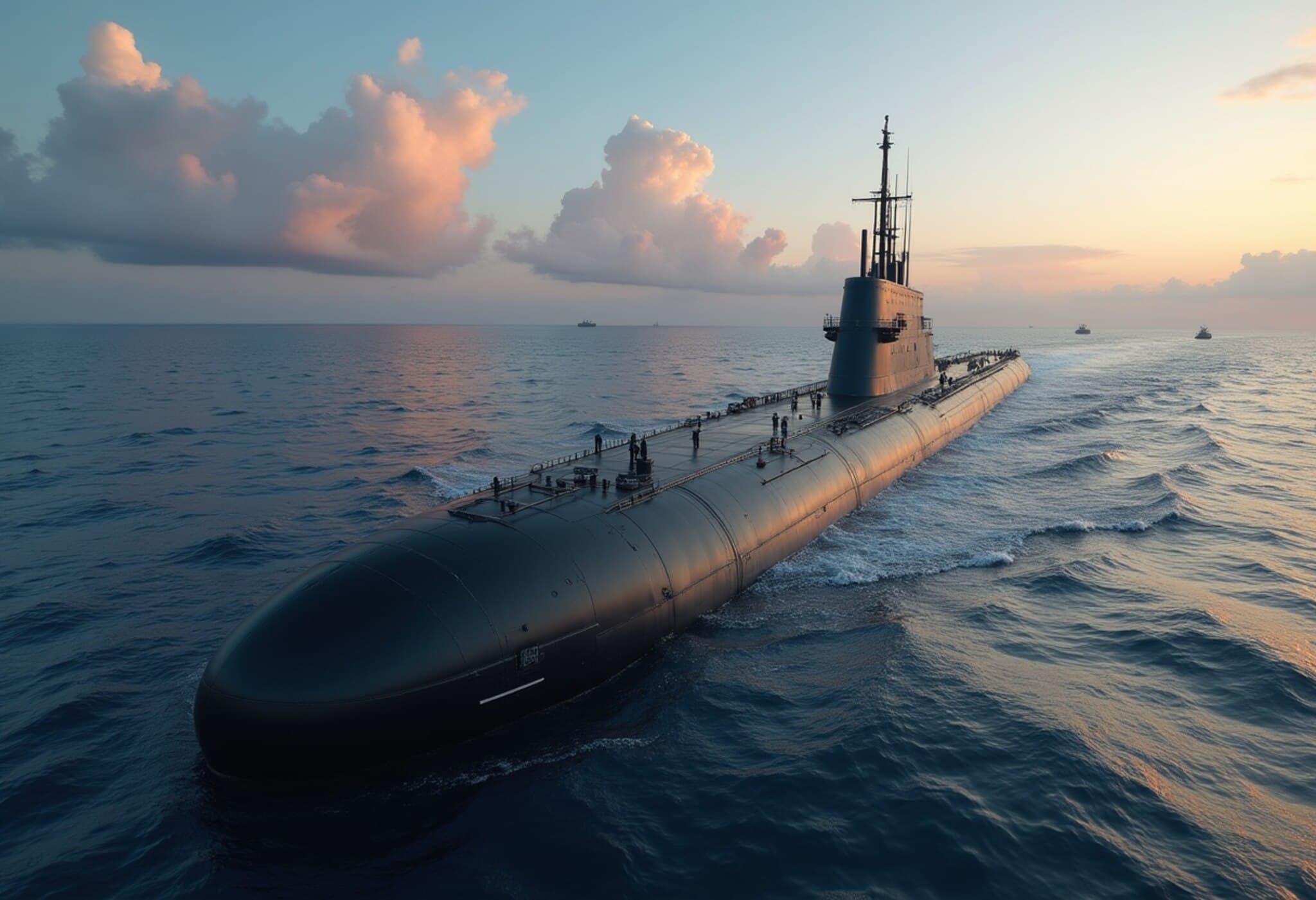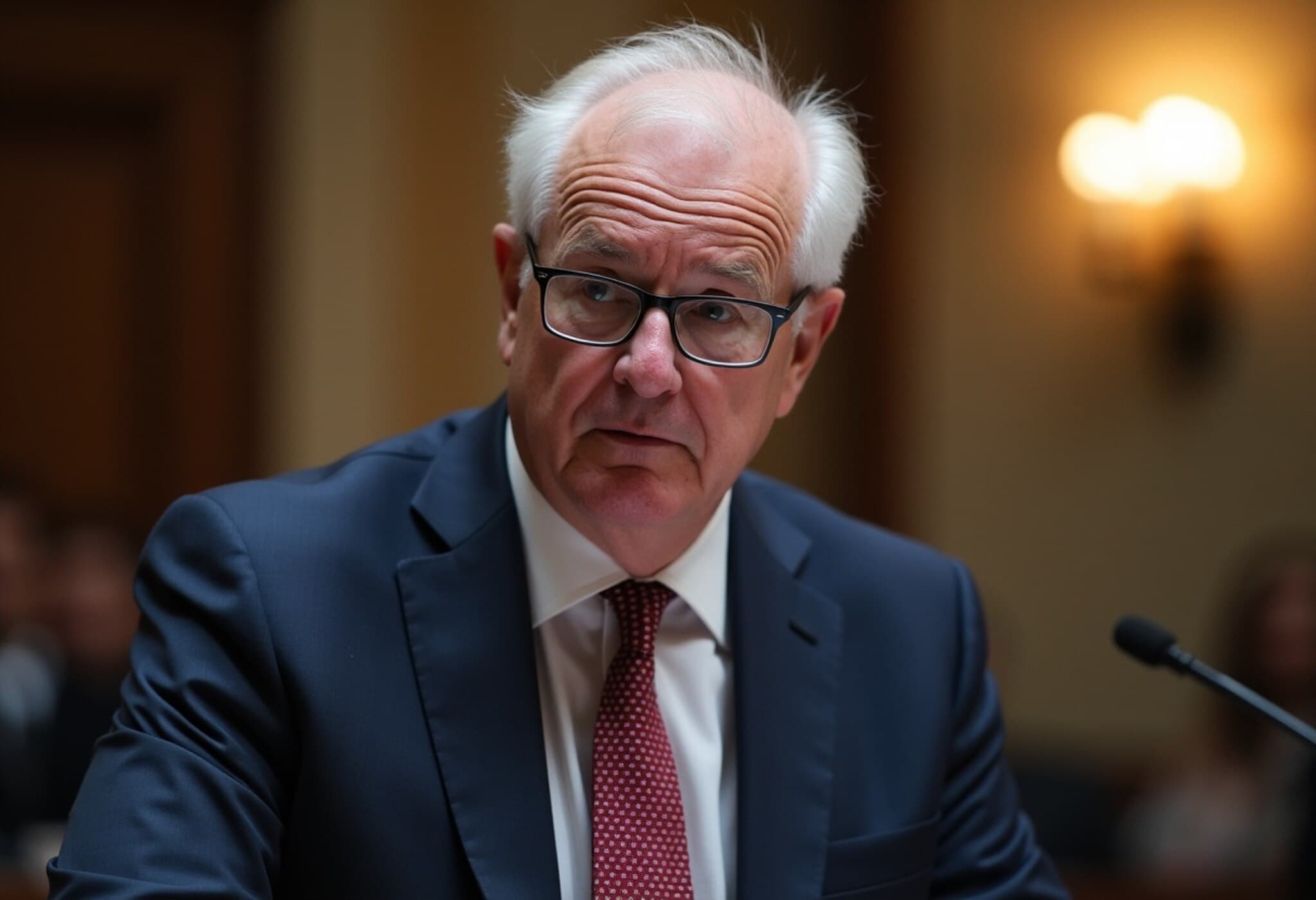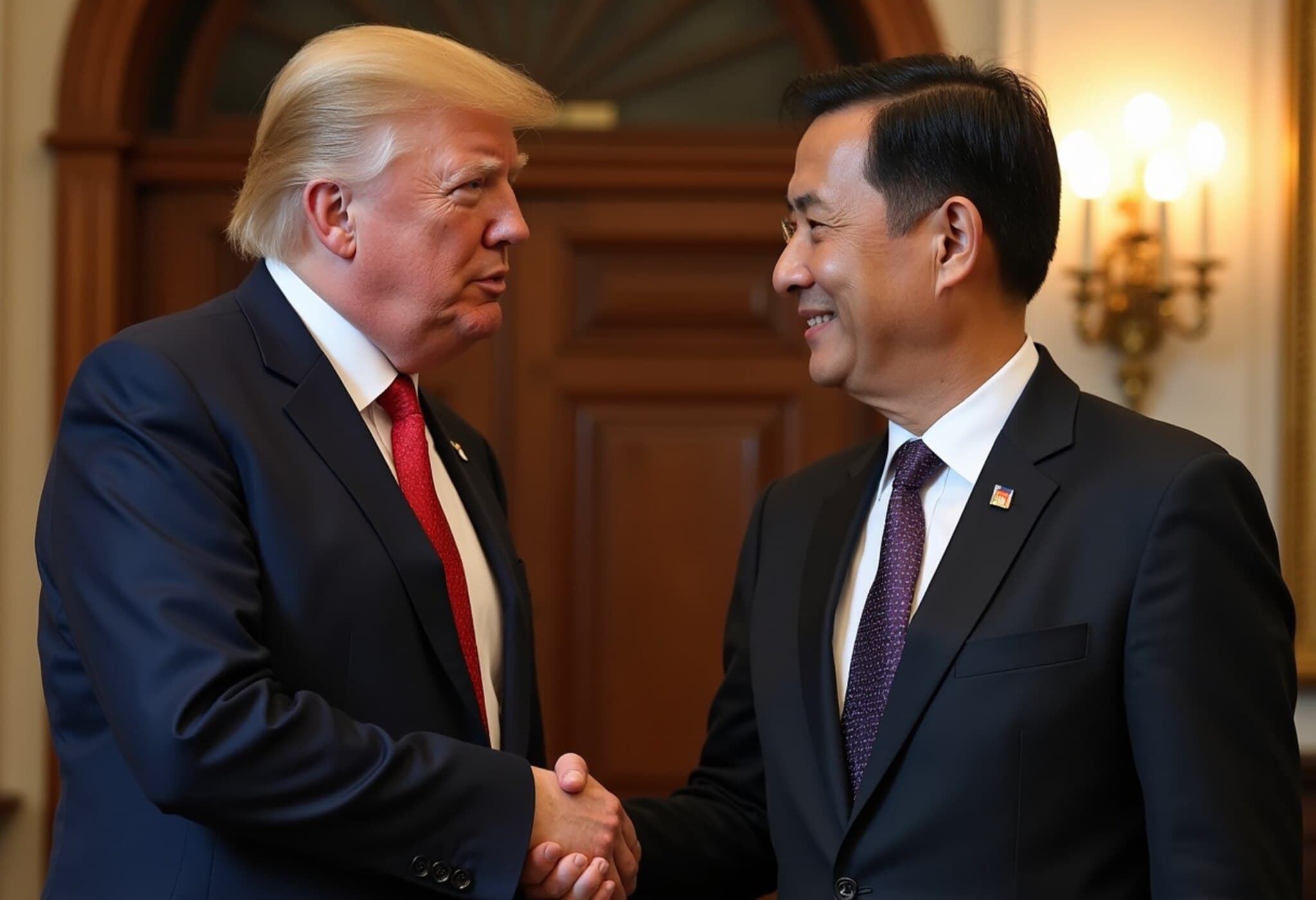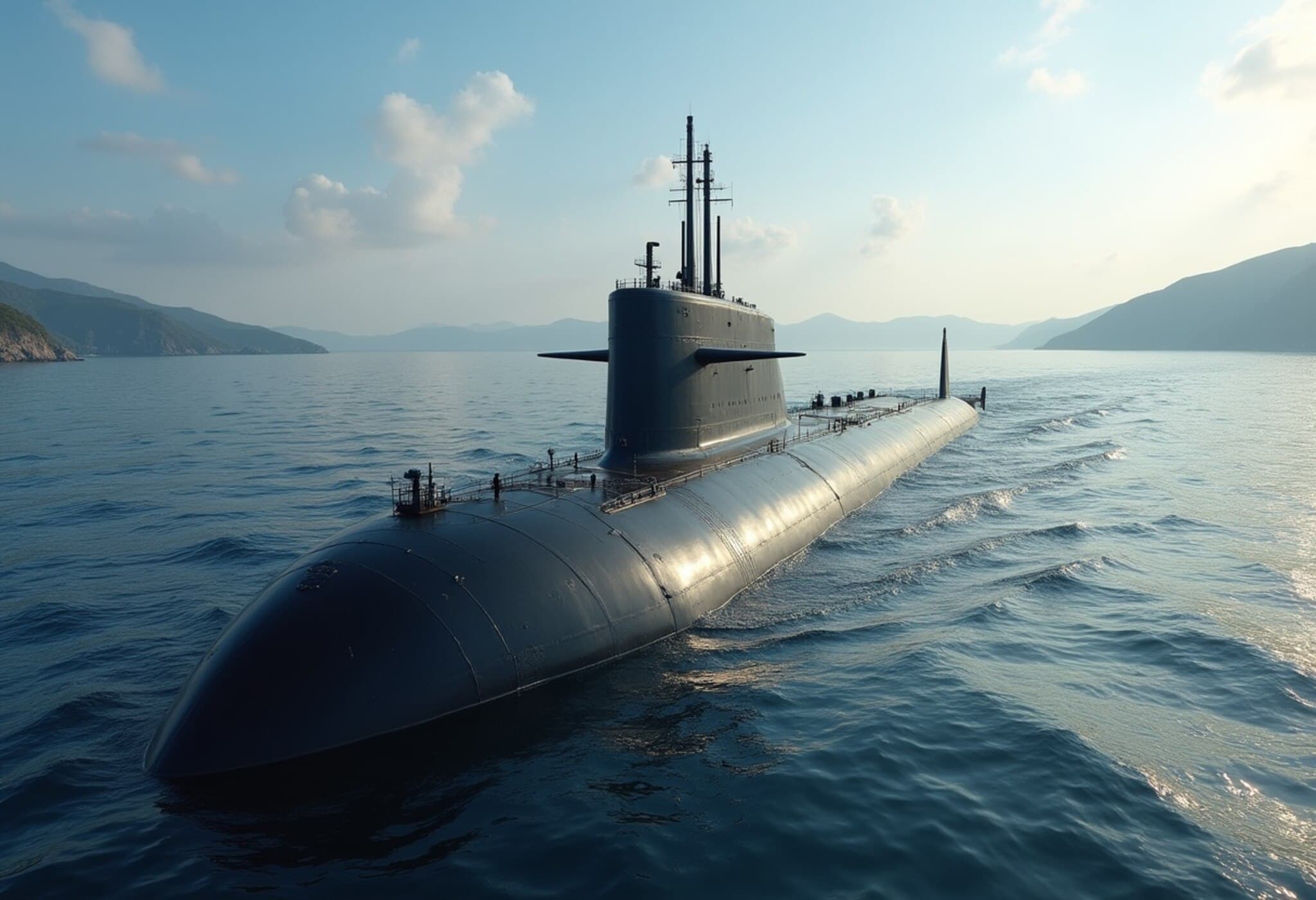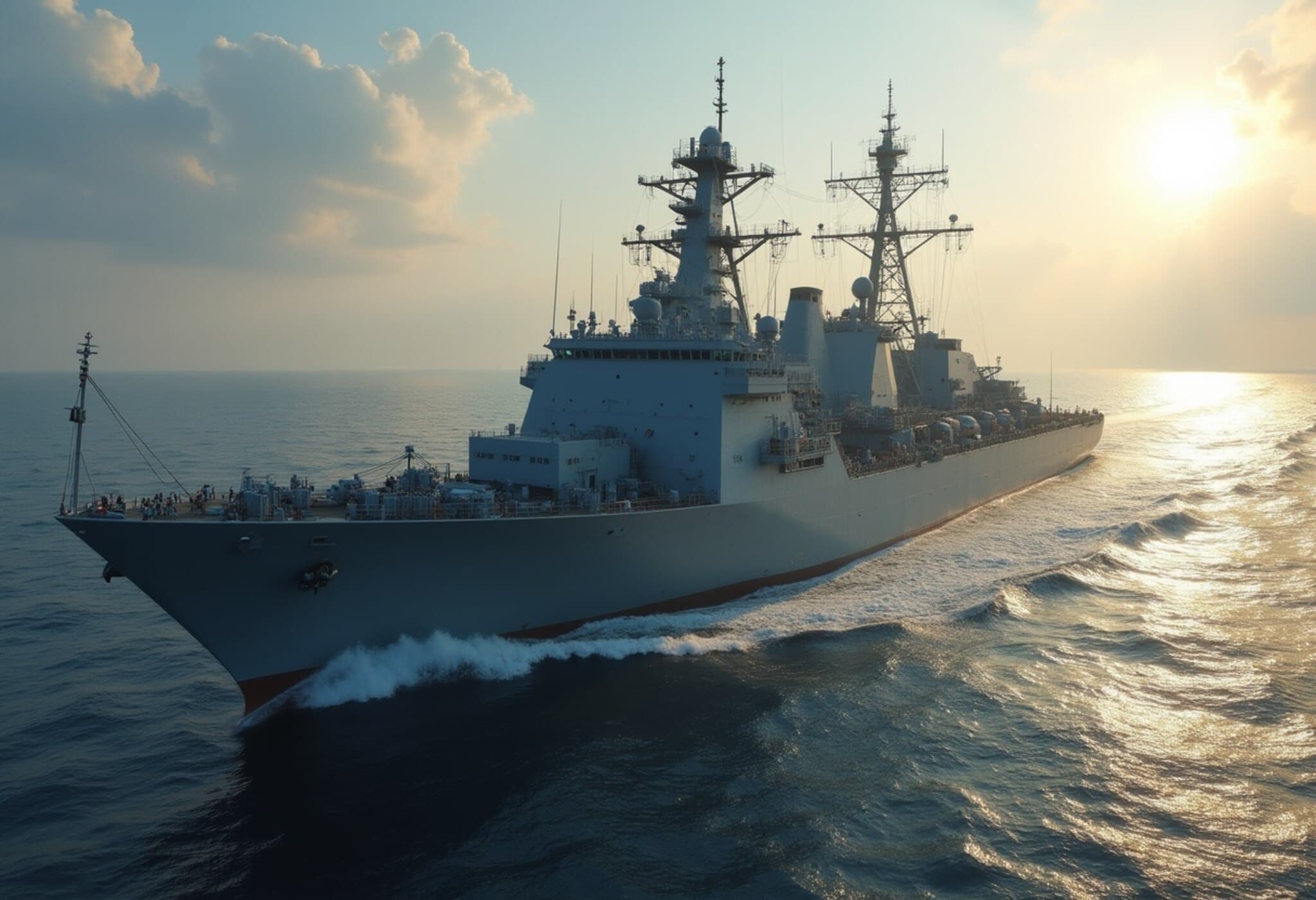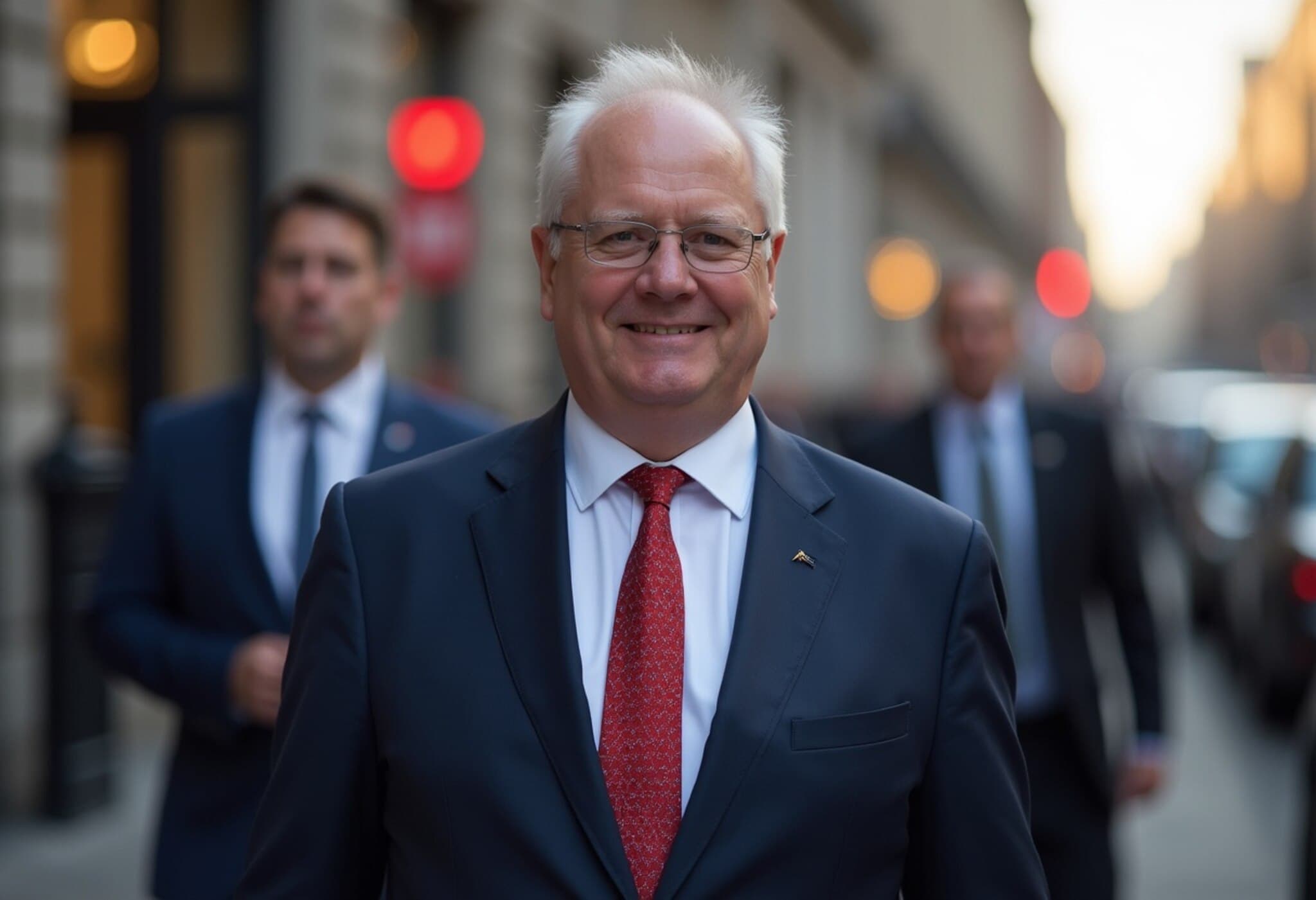France and Australia: Moving Past the 2021 Submarine Controversy
Diplomatic tensions between France and Australia stemming from the 2021 submarine contract fallout appear to have thawed, as confirmed by French Ambassador to Australia, Pierre-André Imbert. The rupture, triggered when Australia scrapped a multibillion-dollar deal with France to acquire diesel-electric submarines in favor of nuclear-powered vessels under the AUKUS pact, had strained relations significantly.
Restarting Defence Cooperation Under New Leadership
Since Australian Prime Minister Anthony Albanese’s election in 2022, Paris and Canberra have substantially improved defence and security cooperation. Ambassador Imbert emphasized that defence now acts as a robust "pillar" of bilateral ties, marking a clear departure from the previous impasse.
"Our relationship has been restarted and we enjoy a very good level of cooperation," Imbert said during a visit coinciding with the annual Talisman Sabre military exercises, which this year involve over 30,000 troops from 19 nations across Australia and Papua New Guinea.
The Submarine Deal and the Complexities of AUKUS
The original contract envisaged French diesel-electric submarines as the backbone of Australia's naval capabilities. However, Australia's shift to nuclear-powered submarines, endorsed through the trilateral AUKUS security pact with the United States and the United Kingdom, sparked a diplomatic upheaval.
A recent US defense review highlights challenges with AUKUS, particularly in aligning with the US "America First" policy and addressing production bottlenecks in building Virginia-class submarines. The US currently operates 24 Virginia-class nuclear submarines but struggles to maintain the annual production rate of two vessels needed to meet expected demands.
Future Prospects: A Door Left Ajar?
When asked whether France might re-enter submarine negotiations should the AUKUS agreement falter, Ambassador Imbert remained noncommittal. He acknowledged that while Australia's current path is with AUKUS, France remains open to dialogue but sees the choice ultimately resting with Australia.
"For the moment, they have chosen AUKUS. If this changes and they ask, we’ll see," Imbert remarked.
Contextual Insights: Strategic Realignments in Indo-Pacific Security
The improved Franco-Australian rapport reflects broader diplomatic recalibrations in the Indo-Pacific amid increasing geopolitical competition and shifting alliances. France's willingness to repair ties underscores the strategic value Paris places on Australia as a partner in regional security arrangements beyond just submarine procurement.
Moreover, the reevaluation of AUKUS by the US signals possible adjustments in defense commitments that could ripple through ally relationships, potentially creating openings for diversified cooperation avenues.
Looking Ahead
As the Talisman Sabre drills commence, involving a significant multinational military presence, the renewed cooperation between France and Australia serves as a testament to diplomatic resilience and strategic pragmatism. The coming years will reveal how these partnerships evolve amidst complex defense industry demands and shifting geopolitical imperatives.
Editor’s Note
This episode highlights the delicate balance of international defense diplomacy where economic interests, strategic alliances, and national policies intersect. The Franco-Australian experience prompts critical questions: How will the challenges in AUKUS impact Australia’s long-term naval capabilities? Could France’s openness lead to alternative or complementary defence collaborations in the Indo-Pacific? And how will these developments influence wider regional security architectures? Understanding these dynamics is essential for grasping the future trajectory of global defense relations.


